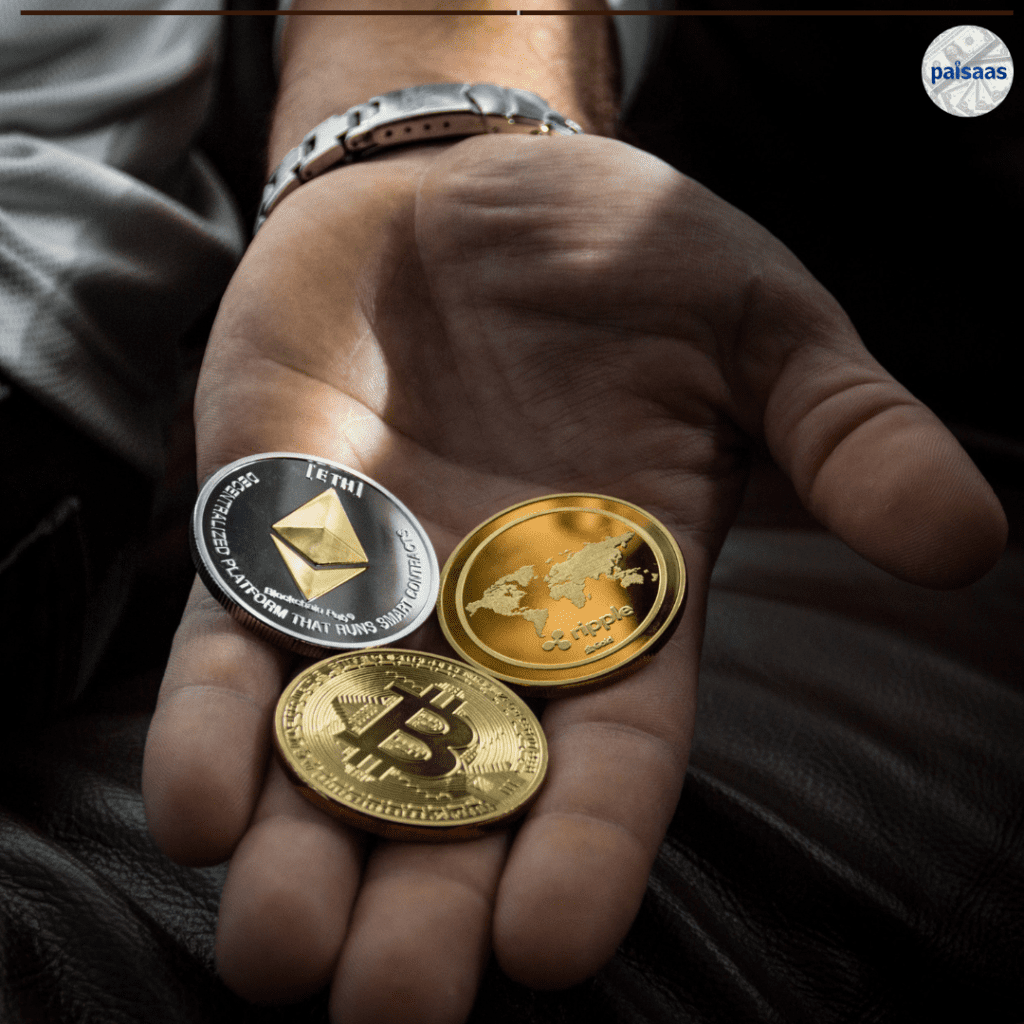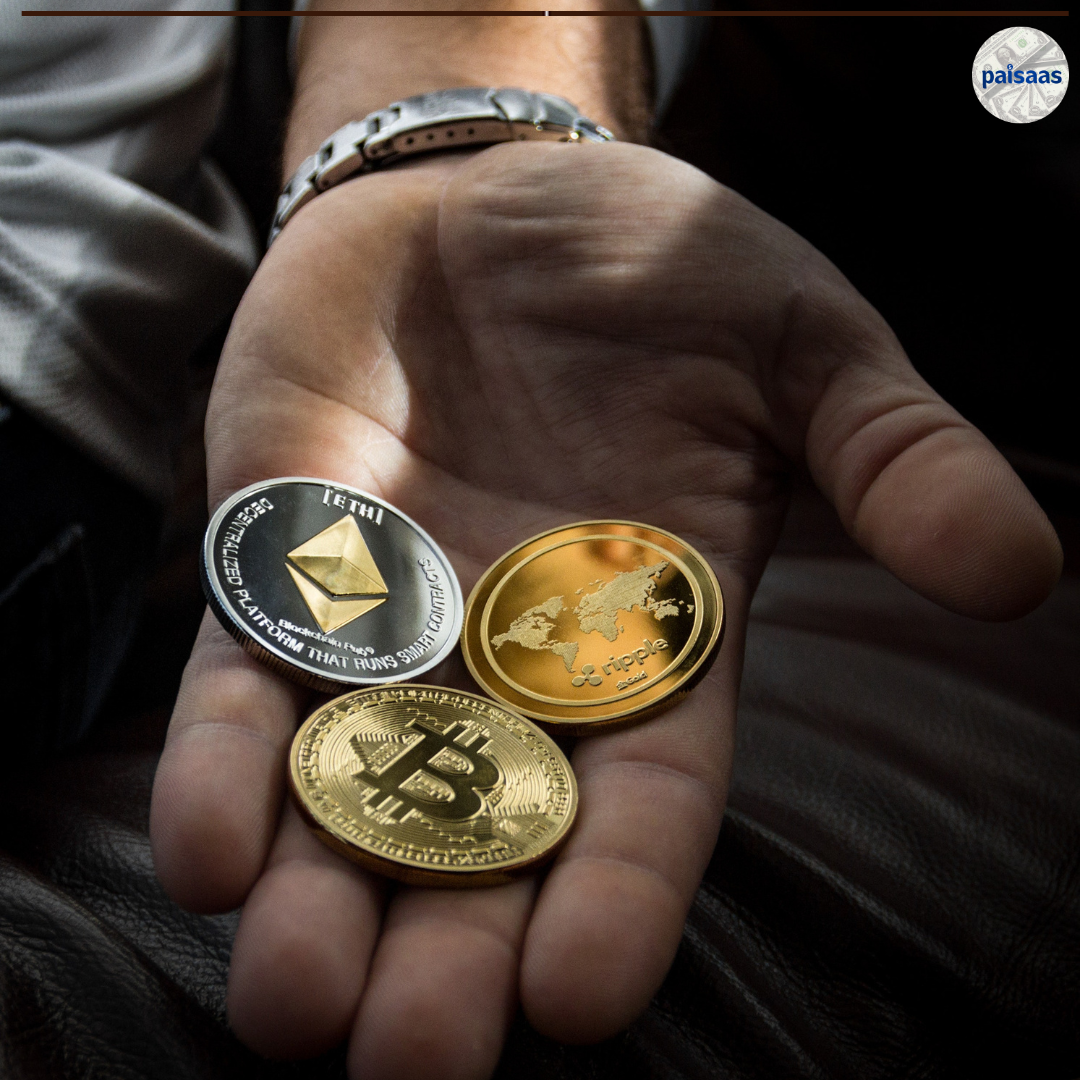

Safeguarding Your Crypto: Common Scams and Security Risks in the Cryptocurrency World
Safeguarding Your Crypto: Common Scams and Security Risks in the Cryptocurrency World
Introduction:
Cryptocurrencies have soared in popularity in recent years, revolutionizing the way we transact and store value. However, this digital frontier is not without its risks. Scammers and hackers lurk in the shadows, seeking to exploit unsuspecting individuals and their hard-earned crypto assets. In this article, we will delve into the common scams and security risks prevalent in the crypto world and discuss effective measures to protect yourself from falling victim to these threats.
- Phishing Attacks: Phishing attacks remain one of the most prevalent threats in the crypto landscape. These nefarious attempts involve fraudsters masquerading as legitimate entities to deceive users into divulging sensitive information, such as private keys or login credentials. Often, phishing attacks occur through deceptive emails or fake websites that mimic well-known platforms. To safeguard yourself, maintain a healthy skepticism towards unsolicited emails, double-check website URLs before entering any personal information, and always look out for subtle signs of deception, such as slight misspellings or inconsistencies. Furthermore, enabling two-factor authentication (2FA) adds an extra layer of security, making it harder for attackers to gain unauthorized access to your accounts. For enhanced protection, consider utilizing hardware wallets, which store your crypto offline and provide robust security measures.
- Ponzi Schemes: Ponzi schemes have plagued the financial world for ages, and unfortunately, the crypto realm is not exempt from their grasp. These fraudulent schemes promise extraordinary returns on investments, luring unsuspecting individuals into parting with their hard-earned crypto holdings. Ponzi schemes operate by using new investors’ funds to pay off earlier investors, creating a false illusion of profitability. However, as the cycle continues, the scheme eventually collapses, leaving a trail of financial ruin behind. Protecting yourself from Ponzi schemes involves exercising caution and conducting thorough due diligence before investing in any project or platform. Be wary of promises that seem too good to be true, research the team behind the project, scrutinize the whitepaper for a solid business model, and seek independent opinions from trusted sources.
- Exchange Hacks: Crypto exchanges act as gateways between the traditional financial system and the crypto world, making them attractive targets for hackers. Exchange hacks can result in the loss of significant amounts of user funds. To mitigate this risk, it is crucial to choose reputable exchanges with robust security measures in place. Look for exchanges that employ cold storage to store the majority of user funds offline, reducing the likelihood of a successful hack. Additionally, enabling two-factor authentication (2FA) further fortifies your account’s security. Keep in mind that using decentralized exchanges or self-custody solutions, such as owning a hardware wallet, can provide an added layer of protection by minimizing your reliance on centralized platforms.
- Fake Initial Coin Offerings (ICOs) and Token Sales: Initial Coin Offerings (ICOs) and token sales have been a popular fundraising method for crypto projects. However, fraudulent ICOs and token sales can leave investors empty-handed. Scammers create fake projects, enticing investors with promises of groundbreaking ideas and revolutionary technologies. These projects often lack a solid foundation and fail to deliver on their grandiose claims. Protect yourself from such scams by conducting thorough research before investing. Scrutinize the credentials of the project’s team, analyze the whitepaper to assess its viability, and seek independent opinions from trusted experts or advisors. Furthermore, paying attention to the broader sentiment in the crypto community can help identify potential red flags or warning signs associated with a particular project.
- Malware and Ransomware: Malware and ransomware attacks pose a significant threat to the security of your crypto assets. Malicious software can infect your devices, enabling hackers to gain unauthorized access to your crypto wallets and potentially steal your funds. Ransomware attacks can encrypt your files, rendering them inaccessible until a ransom is paid in cryptocurrency. Protect yourself by employing reliable antivirus software to detect and remove malware, regularly updating your operating system to patch any vulnerabilities, and avoiding suspicious downloads or attachments. Additionally, maintain strong, unique passwords for your wallet and enable 2FA wherever possible to bolster your defenses against unauthorized access.
- Pump and Dump Schemes: Pump and dump schemes are manipulative practices in which individuals or groups artificially inflate the price of a cryptocurrency through false information or coordinated buying. Once the price has reached a peak, these manipulators sell their holdings, leaving other investors with significant losses. To avoid falling victim to pump and dump schemes, exercise caution when encountering sudden price spikes in a particular cryptocurrency. Conduct thorough research before investing, relying on trusted sources of information and seeking advice from knowledgeable individuals or communities.
Conclusion:
While the world of cryptocurrencies offers immense potential, it also harbors risks that must not be ignored. By being aware of common scams and security risks and implementing effective safeguards, you can protect your valuable crypto assets. Remain vigilant, exercise caution when interacting with unfamiliar entities, conduct thorough research before making any investment decisions, and utilize secure wallets and exchanges. By taking proactive steps to protect yourself, you can navigate the crypto world with greater confidence and peace of mind.




